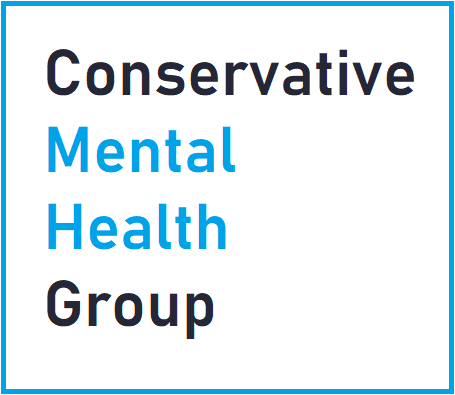Degrees of Support – The Current State of Student Mental Health and Counselling Service in English Universities
By Danny Bowman FRSA – CMHG Research and Communications Lead
Forward by The Rt. Hon. The Lord Lingfield Kt DLitt EdD DL – President of the Conservative Education Society
Every year, around 1 in 6 young people will experience a mental health problem with 75 per cent of all disorders beginning by the age of 24. These disorders range from common anxiety disorders to more severe conditions such as schizophrenia. All mental health disorders can have an enormous impact on a young person’s development, making it essential that appropriate preventative and treatment-based measures are available across the whole of society. Despite the high prevalence of such conditions amongst our youth, too often there is a deficit of support in our social institutions. Indeed, when young people reach out for support, too often they are faced with long waiting times for treatment in our traditional health-based services. The large pressures facing our National Health Service as we continue to recovery from the pandemic necessitates alternative avenues of support, not least in our schools, colleges and universities.
Our educational institutions have done an enormous amount over the last decade or so to establish and strengthen promotional, preventative and early detection measures. We have seen the establishment of Mental Health Support Teams (MHSTs) in our schools and counselling provisions in our universities, representative of our truly forward-looking approach to student mental health. Nevertheless, it is clear that we need to be more ambitious with high demand and long waiting times for support still evident across education sector.
This report by our Head of Research and Student Engagement, Danny Bowman provides a balanced and fair appraisal of the current state of student mental health and counselling services in English universities. Indeed, it captures the multifaceted nature of student mental health and offers useful recommendations for improving provisions, transparency and accountability in our higher education institutions. The report encapsulates the broader commitment of the Conservative Education Society to improving educational outcomes for all students across England. An essential ingredient of this is by improving the mental health of our young people through strengthening preventative and treatment-based measures in our universities.
Executive Summary
The issue of mental health has become increasingly salient across society over the last two decades. A recognition of the substantial individual, social and economic costs associated with mental health disorders has encouraged policymakers to construct a selection of strategies and plans to address it. The prevalence of mental pathologies has increased exponentially across the UK population, specifically among younger members of our society. The rise of mental health disorders has increased pressures on traditional health services who have endeavoured to meet this demand. Indeed, capacity issues within the NHS has created enormous challenges for non-health related services such as schools, colleges and universities. This has led to the acceleration of training programs for teaching staff, the creation of multidisciplinary support teams and the establishment long-term strategies on mental health at the national level. The infancy of these developments means that access to appropriate interventions for students has seldom been available, not least on university campuses.
This research briefing has endeavoured to evaluate the demand and waiting times standards for counselling support across English universities. Researchers submitted Freedom of Information requests to all universities across England around student access to counselling services. The findings from the study suggested that research-intensive institutions experienced the highest student demand for counselling services, whilst less research-intensive institutions had smaller caseloads but higher waiting times. The best outcome for all students would be for English universities and the UK Government to construct a joint long-term strategy on mental health care in the higher education sector. Clear expectations need to be placed on universities to deliver appropriate and timely interventions to vulnerable students so that they can achieve their potential, regardless of their mental health status.
Key Findings
- A total of 95441 students accessed or attempted to access counselling support in English universities in the academic year 2021/2022.
- A total of 22 per cent of universities in England had more than 10 per cent of their student population accessing or attempting to access mental health support.
- Students at Russell Group universities represented 44 per cent of the total number of students requiring support despite only making up 34 per cent of the population sample.
- A total of 41 per cent of post-1992 universities had waiting times exceeding 3 weeks.
About the Author

Danny Bowman FRSA – Research and Communications Lead
Danny Bowman FRSA is a PhD Researcher, Chair of MaleVoicED and the CMHG Research and Communications Lead. He has previously held roles as the Director of Mental Health and Head of Campaigns at the Parliament Street think-tank. He has also engaged with No.10 and governmental departments on mental health.
Danny is passionate about mental health, having experienced his own issues as a teenager. His story went viral in 2014 appearing in Time Magazine, The Telegraph and The Times. He has also told his story on Good Morning Britain, Sky News and ABC 2020. He is determined to increase awareness and improve care for those with mental health disorders.
Contact: danny_bowman@thecmhg.co.uk

